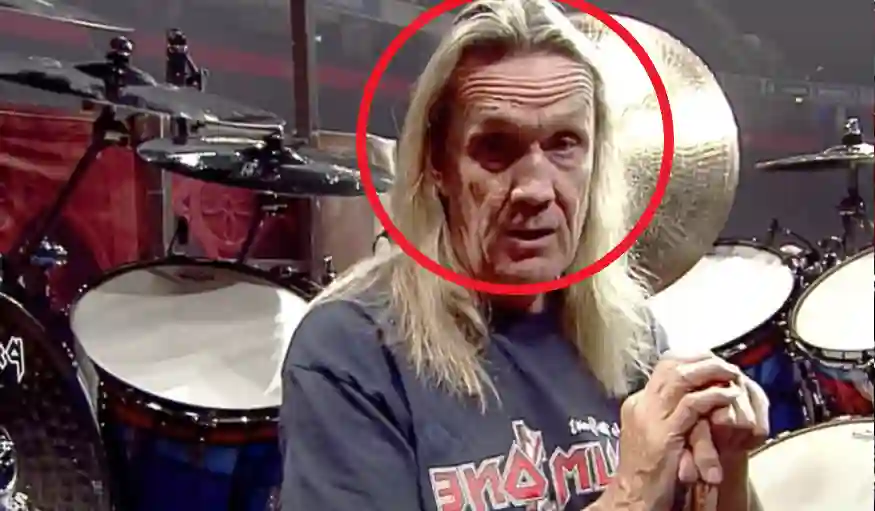The much-anticipated fourth season of Outer Banks has kicked off with a thrilling new treasure hunt, delving deeper into the characters’ complex histories while intertwining action, drama, and the allure of adventure. Following an 18-month time jump from the events of season three, the Pogues find themselves in pursuit of an amulet that holds significant ties to the infamous pirate Blackbeard. The return of familiar faces, including Chase Stokes, Madelyn Cline, Madison Bailey, Jonathan Daviss, Rudy Pankow, and Austin North, has fans buzzing with excitement as they navigate new challenges and revelations.
One of the most shocking developments in the season is the revelation of JJ Maybank’s true parentage, an unexpected twist that reshapes his character’s journey and sets the stage for intricate family dynamics. Viewers learned in the finale of season four, part one, that JJ (played by Rudy Pankow) is the biological son of Chandler Groff, portrayed by J. Anthony Crane. This information is delivered during a heartfelt conversation between JJ and Luke (Gary Weeks), whom JJ has always believed to be his father. The truth is uncovered through a letter left by the late Wes Genrette, which suggests that JJ should ask Luke about “Albatross,” a term that carries deep emotional weight for him.
The emotional turmoil that accompanies JJ’s discovery is palpable. Luke’s revelation—that Albatross was the name of the boat on which JJ’s mother, Larissa Genrette, met her tragic end—leads to a cascade of emotions for JJ. This pivotal moment forces him to confront not only the loss of his mother but also the unsettling reality of his lineage. With the knowledge that his biological father is a Kook, JJ grapples with the implications of this new identity.
The question on many viewers’ minds is how this revelation will influence JJ’s character moving forward. The show’s co-creator, Jonas Pate, shared insights into JJ’s mental state, suggesting that his father’s history as a scoundrel complicates JJ’s ability to accept the truth. Pate explains, “He thinks there’s got to be an angle here. This can’t be real.” This sentiment highlights JJ’s internal conflict as he attempts to reconcile his feelings towards Luke and the newfound truth about Chandler.
On the other hand, co-creator Shannon Burke offers a slightly different perspective, indicating that JJ might not be entirely in denial about his parentage. “He probably knows it’s true,” Burke says. “I just think that he believes it more than he’s totally in denial, overtly and consciously.” This duality in JJ’s psyche sets the stage for rich character development as he navigates the tumultuous waters of familial loyalty and self-discovery.
As the season progresses, the impact of JJ’s revelation is expected to resonate not just within his personal storyline, but throughout the group dynamics of the Pogues. Each character has their own backstory, shaped by loss, loyalty, and the relentless pursuit of adventure, but JJ’s situation adds a new layer of complexity to their relationships. The impending treasure hunt, intertwined with JJ’s search for identity, promises to bring both external and internal conflicts to the forefront.
The backdrop of the Outer Banks—a region steeped in history and folklore—provides an enchanting setting for these character arcs. The allure of the ocean, combined with the thrill of uncovering hidden treasures, mirrors the personal treasures each character seeks within themselves. The fourth season encapsulates this theme, particularly through JJ’s journey as he navigates the turbulent waters of family secrets, loyalty, and the quest for belonging.
As the Pogues embark on their treasure hunt, the stakes rise not only for the physical bounty but for the emotional treasures they must confront. With each episode, viewers are drawn deeper into the intricate web of relationships and the complex narratives that define Outer Banks. JJ’s journey of self-discovery—complicated by his newfound knowledge about his father—serves as a central thread, propelling the storyline into uncharted territories.
Moreover, the season doesn’t shy away from exploring the cultural implications of identity, particularly within the framework of the Kooks and Pogues. JJ’s revelation places him at a crossroads, forcing him to confront the societal labels that define him. As he grapples with the implications of his lineage, the show subtly invites viewers to reflect on their own perceptions of identity and belonging.
The return of familiar characters offers moments of nostalgia, while new challenges keep the plot fresh and engaging. The chemistry among the cast remains a highlight, enhancing the emotional weight of each scene. Whether it’s the playful banter between friends or the intense confrontations fueled by betrayal, the performances resonate with authenticity, drawing audiences further into the world of the Pogues.
As the season unfolds, fans eagerly anticipate how the narrative will evolve, particularly regarding JJ’s relationship with Luke and Chandler. The emotional stakes are high, and the depth of JJ’s character is set to be tested in ways that challenge not only his perception of family but also his place within the group. The combination of adventure, mystery, and personal growth creates a rich tapestry that captivates audiences and keeps them coming back for more.
In conclusion, Outer Banks season four promises a captivating blend of adventure, intrigue, and emotional depth, with JJ Maybank’s journey at its heart. As he navigates the complexities of family, identity, and loyalty, viewers are left wondering how these revelations will shape not only his destiny but also the future of the Pogues. With its gripping storytelling and relatable characters, the show continues to resonate, drawing fans into the sun-soaked drama of the Outer Banks.








